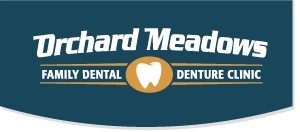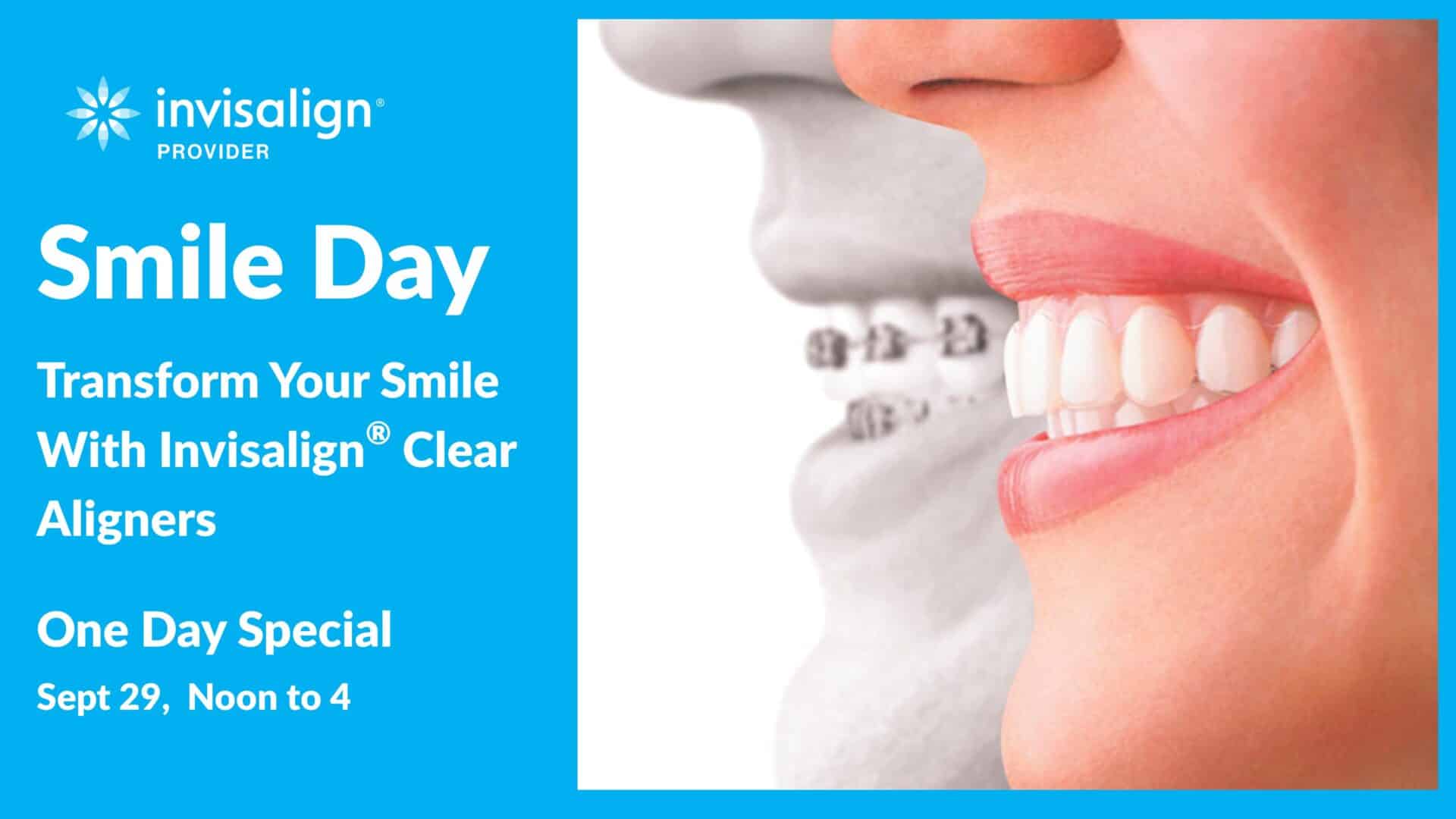Dentures In Rapid City, SD
Dentures are sometimes called ‘false teeth’. They’re prosthetic devices designed for patients that are missing some or all of their natural teeth.
Anyone that is missing all their natural teeth is definitely a candidate for dentures. In some cases, the patient and dentist decide that the existing teeth are too far gone to save, and the best course of actions is to extract the remaining teeth and move forward with dentures.
Absolutely! The color for teeth and gums is carefully selected, and the natural differences in tooth shape and size are carefully chosen based on each individual’s age, gender and unique facial qualities. Dentures are made to duplicate the patients natural gum tissue while providing the proper structure and support for lips, cheeks and face.
An upper and/ordenture is placed into a patient’s mouth and rests on the gums. The dentures are custom crafted to provide a precise, comfortable fit. Upper dentures have a natural ‘suction cup’ to the roof of a patient’s mouth. The lower denture is often anchored into place with a set of implants –artificial tooth “roots” that are placed into the jaw. The denture then snaps onto the implant for a firm, comfortable fit.
Treatment starts when the patient meets with the dentist for a denture consultation to determine if dentures are really the best option. If the answer is ‘yes’, a series of appointments are scheduled, and the treatment process begins.
If the patient needs extractions, or if they decide to go with implants on the lower jaw, a series of appointments will take place to prepare the mouth for the actual dentures. After that, the dentist will make impressions of the patient’s gums. Those impressions are then sent to the lab and a trained lab technician creates a custom set of dentures.
Occasionally a patient will come in that is missing all of their natural teeth. When that happens, a ‘wax’ try in appointment will take place a couple weeks after the impression appointment. During this critical step in the denture process, the patient is fitted with a mockup of their denture that includes a set of pre-made acrylic or composite teeth, set in wax. During this appointment the dental assistant will make sure the patient is happy with the general size, shape, position, and color of the new denture teeth.
Next, a delivery appointment takes place. At this appointment, the new dentures are fitted into the patient’s mouth and adjusted to make sure they have a comfortable fit and bite.
Finally, the patient will come as needed for adjustment appointments. These are necessary if the patient has any sore spots or other issue. Typically, follow up adjustments continue for a few weeks while the patient becomes more comfortable with their new set of teeth.
It’s usually three weeks from the initial denture consultation to deliver a new set of dentures. Follow up appointments vary from patient to patient, but we’ve found that it will usually take one to two weeks for past denture patients to get comfortable with their new teeth. Patients that have never had dentures and need some teeth extracted will still get their dentures in three weeks, but they’ll need some additional time, typically six to eight months, to completely heal and get their ‘final fit.’ During the initial stages, patients might experience increased saliva flow, soreness, and difficulty with speech and chewing. It’s important to follow the dentist’s instructions and schedule follow-up appointments for adjustments. With time, these challenges will decrease as your mouth adapts to the dentures, improving both comfort and functionality.
Partial dentures are removable appliances used when you still have some natural teeth remaining. They help restore the functionality and appearance of a complete smile by filling in the spaces created by missing teeth. Unlike full dentures that replace all teeth on the upper or lower jaw, partials are held in place by clasps around existing teeth or precision attachments designed for a more natural look and feel. Regular adjustments might be needed as your mouth’s structure changes over time.
Proper care extends the life of your dentures and helps maintain oral health. The ADA recommends rinsing your dentures after eating to remove food particles. Brush them daily with a soft-bristled brush and non-abrasive cleaner to avoid scratching. Soaking dentures overnight in a mild cleansing solution helps them retain moisture and shape. Additionally, continue to brush your gums, tongue, and palate every morning with a soft-bristled brush before inserting dentures to stimulate circulation and remove plaque.
Dentures typically need replacement every seven to 10 years, but you should check with your dentist annually to evaluate their condition and fit. Over time, dentures may wear out and no longer fit as well due to natural changes in the shape of your mouth and jawbone. Ill-fitting dentures can cause irritation, discomfort, and oral sores, making it essential to address these issues promptly to maintain oral health and comfort.
It is important to adjust your diet initially after getting dentures. Start with soft foods cut into small pieces and gradually reintroduce your usual diet as you grow accustomed to the new dentures. Be cautious with hot beverages and tough or sticky foods that might dislodge dentures. Using a small amount of adhesive can help stabilize dentures, enhancing confidence while you eat. Once you get comfortable with your new teeth, you may resume your normal diet.
While dentures are a popular solution for missing teeth, alternatives like dental implants and bridges offer different benefits. Dental implants provide a permanent base for replacement teeth, mimicking the natural root structure and promoting jawbone health. Bridges, on the other hand, are used when one or more teeth are missing, anchored onto surrounding teeth. These alternatives can offer a more stable and long-term solution compared to traditional dentures.
The cost of dentures can vary significantly based on the type of dentures selected, materials used, and the necessary preparatory dental work. Basic dentures are generally more affordable, but premium options that provide a more realistic appearance and superior comfort can be significantly more expensive. Insurance often covers a portion of the cost, but it’s wise to check your policy to determine what benefits you are entitled to.
Orchard Meadows Family Dental & Denture Clinic stands out due to its comprehensive care, experienced team, and commitment to patient satisfaction. We offer a range of denture options tailored to meet individual needs and budgets. Our clinic emphasizes comfort and functionality, ensuring that each patient receives personalized attention. Furthermore, our state-of-the-art technology and techniques mean that you can expect high-quality results that enhance your smile and improve your oral health. To schedule a consultation, call (605) 737-3150.

